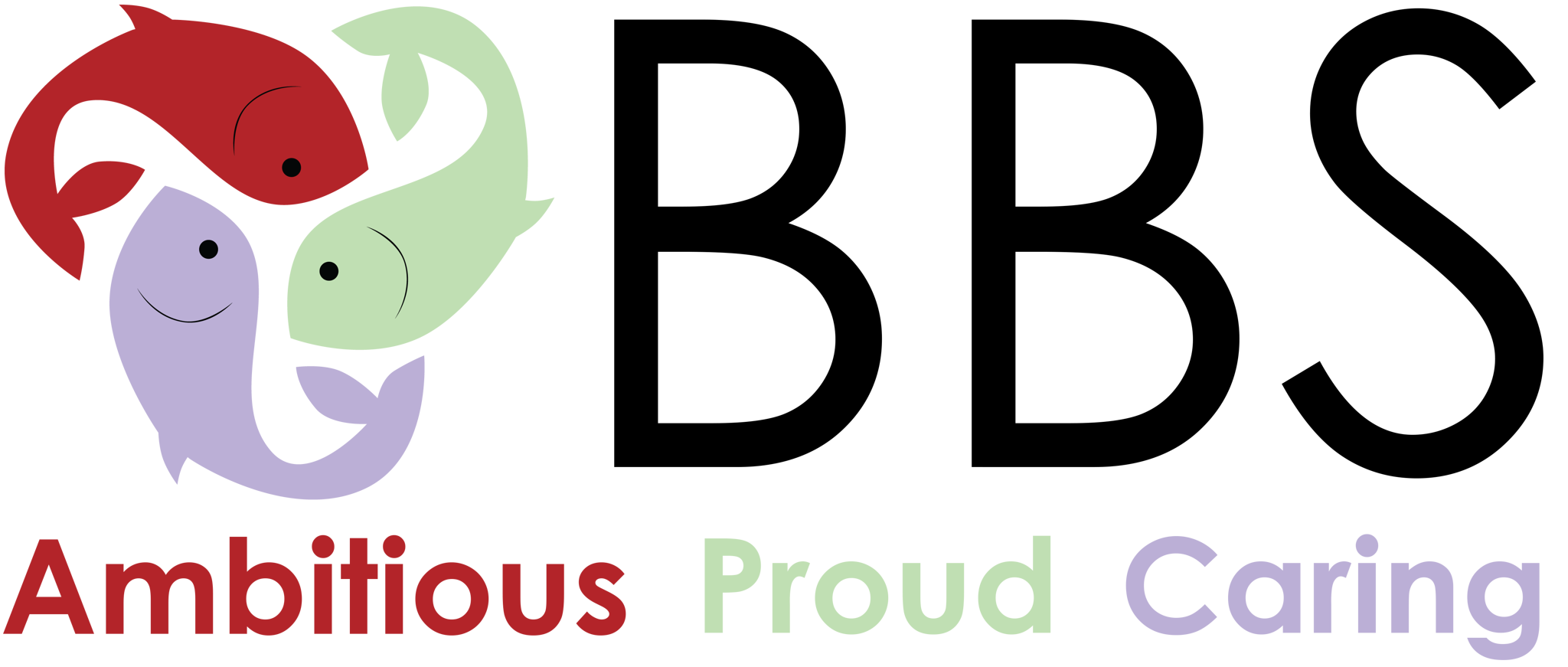At BBS we aim to create a supportive and non-judgmental environment where our students feel that they have the freedom to explore ideas, ask questions and challenge ideas. In 2018 we added Philosophy to our curriculum for Key Stage 3 students. Students receive a one-hour Philosophy lesson every two weeks focusing on different topical issues each session, these are facilitated by qualified teaching staff who have completed Philosophy for Children accredited training.
Philosophy focuses on thinking skills and communal dialogue (otherwise known as philosophising) and aims to build ‘communities of enquiry’ where participants develop the 4Cs: Creative, Caring, Collaborative and Critical thinking skills.
Over the course of the 3 years students will learn to embed these transferable skills into all areas of the curriculum and beyond.
Typical Philosophy Lesson Structure
This is adopted and modified accordingly to fit the activity/stimulus and the year group being taught.
- Preparation (warm up activities)
- Stimulus (photo, story, poem, newspaper article)
- Thinking time
- Sharing questions and thoughts
- Formation of questions
- Airing of questions
- Selection of questions
- First thoughts
- Building on our thoughts
- Final thoughts
- Review and planning of future enquiries
Success criteria:
We know that we will be successful when our students:
- Ask philosophical questions to provide a focus for the enquiry.
- Give reasons or evidence to support arguments and judgements.
- Clarify concepts through making connections, distinctions and comparisons.
- Generate ideas and alternative ways of thinking through imaginative thinking
- Test for the truth by gathering information, evaluating evidence and giving examples and counter examples.
- Expand their ideas by sustaining and extending lines of thought and argument.
- Summarise by abstracting key points from a number of ideas.
Assessment and grading
Philosophy will not be formally graded, as progress cannot be assessed in a summative way. Our aim is for all children to further their thinking skills, understanding of the world and expand their empathy by being involved in the sessions. For some students a verbal contribution will show that they have furthered their thinking. Thoughts will be recorded in a class notebook, which will be kept in school.
